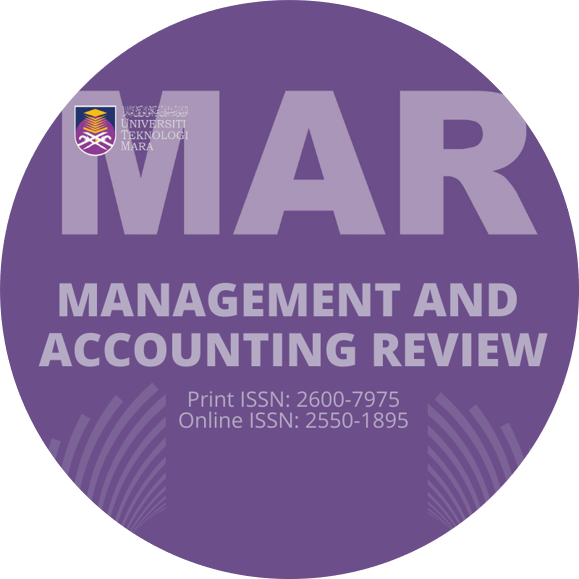Volume 22 No. 3, December 2023
ARTICLE INFO
Article History:
Received: 09 April 2023
Accepted: 15 September 2023
Available online: 01 December 2023
https://doi.org/10.24191/MAR.V22i03-08
Auditors’ Experience in Financial Statement Fraud Detection: The Role of Professional Scepticism and Idealism
Syamsuri Rahim1♣, Hamzah Ahmad1, Andi Widya1, Nur Wahyuni1 and Junaidi Junaidi2
1Department of Accounting, Faculty of Economics and Business, Universitas Muslim Indonesia, Kota Makassar, Sulawesi Selatan, Indonesia
2Department of Accounting, Faculty of Economics and Business, Universitas Muhammadiyah Palopo, Kota Palopo, Sulawesi Selatan, Indonesia
ABSTRACT
The number of financial misstatements globally and their correlation to auditors’ roles in detecting fraud has raised questions about professionalism among auditors. Various studies have investigated how to reduce cooking books among companies. This study aimed to examine the role of auditors’ experience and how to detect fraud in financial statements through auditors’ professional scepticism and idealism. The sample consisted of 446 auditors and structural equation modelling (SEM) was applied to examine the research hypotheses. This study found that auditors’ experience positively affected professional scepticism and had a less significant impact on auditors’ idealism. Furthermore, mediator variables, namely, auditors’ professional scepticism and idealism, had a positive influence on fraud detection and fully mediated the relationship between auditors’ experience and skill to detect fraud in financial statements. This research can contribute to providing recommendations to auditors to detect fraud in financial statements because auditors’ attitudes, behaviours, skills, and education can help detect fraud in financial statements. The limitations of this research lie in the research method, the time of the research, and the limited number of respondents who participated in the study.
Keywords: Auditors’ experience, professional scepticism, idealism, fraud detection, SEM





